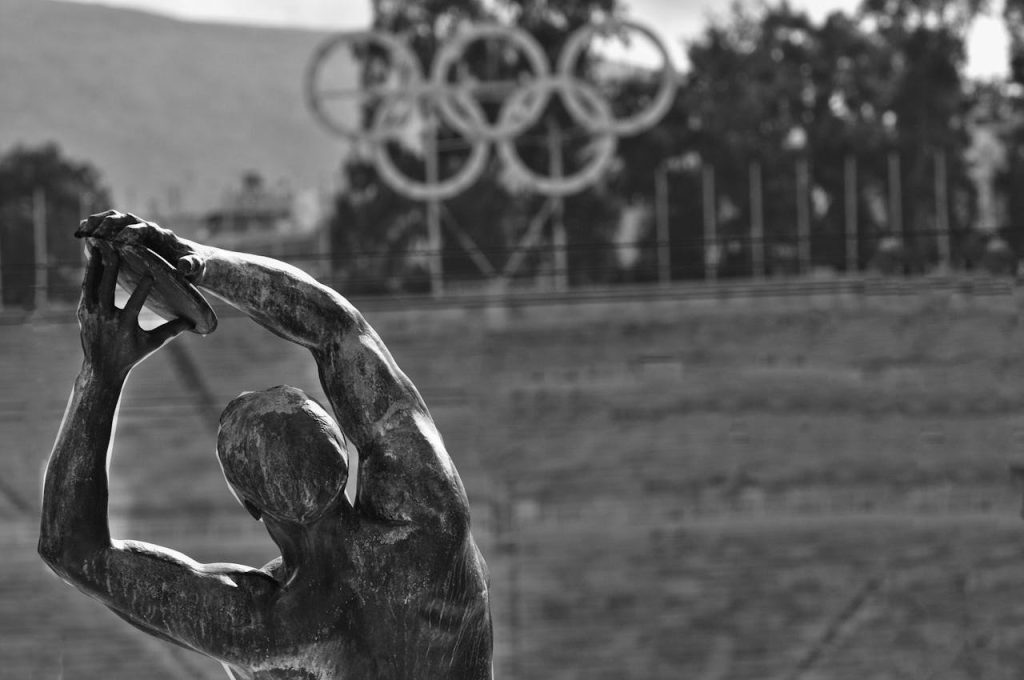
For many athletes, the pursuit of Olympic glory is a dream that requires years of dedication, sacrifice, and financial investment. However, for some U.S. Olympic athletes, the journey to the podium has led to significant financial strain, and in some cases, crippling debt. This article explores the financial challenges faced by these athletes and offers practical advice for others to avoid a similar fate.
The Financial Reality of Olympic Dreams
Contrary to popular belief, being an Olympian does not guarantee financial security. Many athletes must fund their training, travel, and competition expenses out of pocket. The U.S. Olympic Committee provides some support, but it is often insufficient to cover the full costs. Athletes like swimmer Katie Hoff and gymnast Dominique Moceanu have spoken publicly about the financial hardships they’ve faced, despite achieving great success in their respective sports. Hoff, a multiple-time Olympic medalist, revealed in interviews how she struggled with debt due to the high costs of training and medical expenses. Moceanu, part of the “Magnificent Seven” gymnastics team that won gold in 1996, faced similar issues, compounded by legal battles over unpaid earnings and control of her finances. These stories are not isolated incidents; many other athletes have faced similar challenges, leaving them in precarious financial situations. Here are a few other athletes who have faced financial problems in years past:
Shawn Johnson (Gymnastics): Despite winning gold at the 2008 Beijing Olympics, Johnson has spoken about the financial difficulties she faced post-competition. She highlighted the challenges of transitioning from an athlete to finding a sustainable career.
Michael Phelps (Swimming): Although Phelps is one of the most decorated Olympians of all time, he faced financial challenges early in his career. His family struggled to support his training, and Phelps has been vocal about the importance of financial planning for athletes.
Ronda Rousey (Judo/Mixed Martial Arts): Before gaining fame in MMA, Rousey competed in judo at the Olympics, winning a bronze medal in 2008. She experienced financial hardship and even lived out of her car at one point.
Lolo Jones (Track and Field/Bobsled): Jones, a hurdler and bobsledder, has openly discussed her financial struggles, including times when she could not afford basic necessities despite her success on the track.
Lauryn Williams (Track and Field/Bobsled): An Olympic sprinter turned bobsledder, Williams faced financial challenges despite her athletic achievements. She later became a certified financial planner to help other athletes manage their finances better.
Why Athletes Fall into Debt
Several factors contribute to the financial difficulties experienced by Olympic athletes:
- High Training Costs: Elite training requires access to specialized facilities, coaches, and equipment, which can be prohibitively expensive.
- Limited Earning Opportunities: Unlike professional athletes in mainstream sports, many Olympians do not have lucrative contracts or endorsement deals.
- Injury and Medical Expenses: Injuries are common in high-performance sports, leading to costly medical bills that can drain savings.
- Lack of Financial Planning: Some athletes, focused solely on their sports, may not have the knowledge or resources to manage their finances effectively.
Tips to Avoid Financial Struggles
To prevent falling into debt, athletes can take several proactive steps:
- Budget Wisely: Understanding and controlling expenses is crucial. Athletes should create a detailed budget that accounts for all aspects of their training and living costs.
- Seek Financial Education: Knowledge is power. Athletes should educate themselves about financial planning, investments, and savings strategies. Many organizations offer free or low-cost financial literacy programs tailored to athletes.
- Diversify Income Streams: Relying solely on sport-related income can be risky. Athletes should explore other revenue opportunities, such as part-time jobs, freelance work, or entrepreneurial ventures. Utilizing platforms like social media for brand building and sponsorships can also be beneficial.
- Secure Health Insurance: Medical expenses can quickly become overwhelming. Athletes should ensure they have comprehensive health insurance coverage to protect against the financial impact of injuries.
- Plan for the Future: Athletic careers are often short. Athletes should plan for life after sports, considering education, career opportunities, and long-term financial goals.
The financial struggles of U.S. Olympic athletes highlight the often unseen challenges behind the pursuit of excellence. While the road to the Olympics is filled with passion and determination, it also requires careful financial planning and management. By learning from the experiences of others and taking proactive steps, athletes can achieve their dreams without sacrificing their financial well-being. The glory of an Olympic medal should not come at the cost of a lifetime of debt.